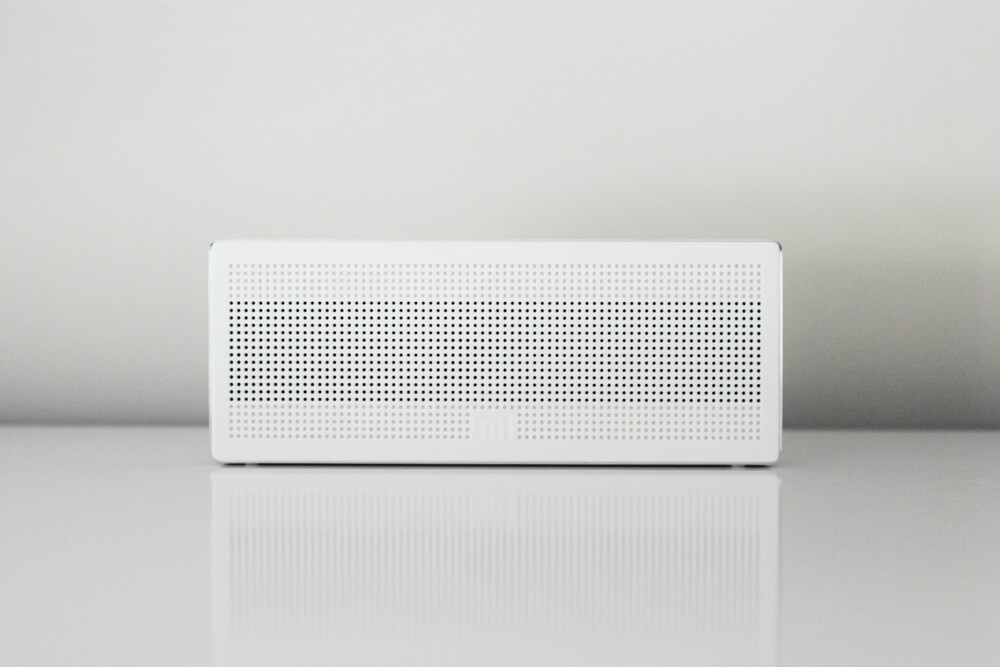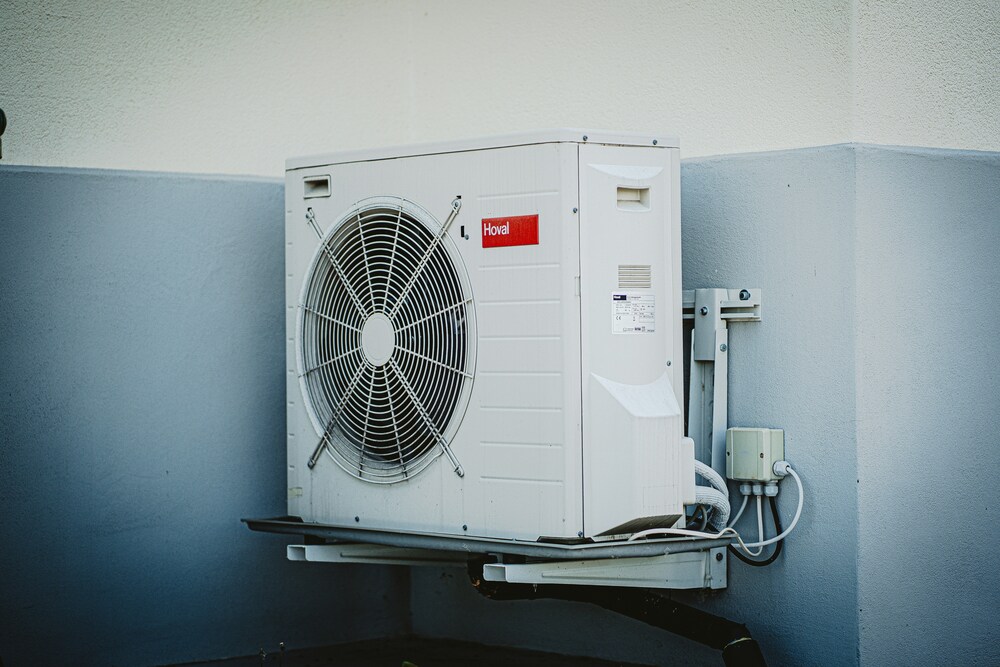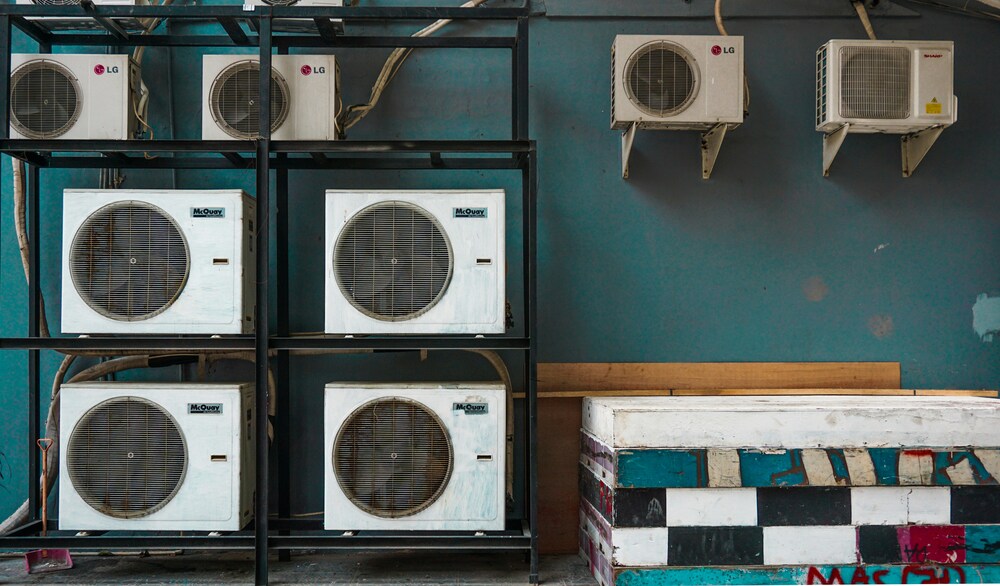- Home
- Articles
- Architectural Portfolio
- Architectral Presentation
- Inspirational Stories
- Architecture News
- Visualization
- BIM Industry
- Facade Design
- Parametric Design
- Career
- Landscape Architecture
- Construction
- Artificial Intelligence
- Sketching
- Design Softwares
- Diagrams
- Writing
- Architectural Tips
- Sustainability
- Courses
- Concept
- Technology
- History & Heritage
- Future of Architecture
- Guides & How-To
- Art & Culture
- Projects
- Interior Design
- Competitions
- Jobs
- Store
- Tools
- More
- Home
- Articles
- Architectural Portfolio
- Architectral Presentation
- Inspirational Stories
- Architecture News
- Visualization
- BIM Industry
- Facade Design
- Parametric Design
- Career
- Landscape Architecture
- Construction
- Artificial Intelligence
- Sketching
- Design Softwares
- Diagrams
- Writing
- Architectural Tips
- Sustainability
- Courses
- Concept
- Technology
- History & Heritage
- Future of Architecture
- Guides & How-To
- Art & Culture
- Projects
- Interior Design
- Competitions
- Jobs
- Store
- Tools
- More
Split vs. Window AC: Which Is Right for You

Beating the summer heat is essential for a comfortable home environment. Air conditioners come in various forms, with two main contenders for home cooling: split systems and window units. Choosing between them can be confusing, as each offers distinct advantages and disadvantages. This article explores the key differences between split and window ACs to help you make an informed decision.
Understanding Split Systems
Split AC systems, sometimes called ductless mini-splits, comprise an indoor air handler unit and an outside condenser unit. The compressor extracts heat from the air and is housed in the condenser unit, which is normally placed outside your house. Transferred to the interior unit high on a wall is the cooled air. While a different fan pulls warm air to be cooled again, this machine blasts cool air into the space.

Benefits of Split Systems
- Efficient Cooling
Split systems offer superior cooling efficiency compared to window units. Separating the condenser unit outside minimizes heat radiating back into your living space. Additionally, advanced inverter technology in some models allows for precise temperature control, reducing energy consumption.
- Multi-Zone Cooling
Unlike window units that cool a single room, split systems can cool multiple zones within your home. You can install separate indoor units in different rooms or areas, allowing customized temperature control in each zone.
- Quieter Operation
The placement of the noisy compressor unit outdoors significantly reduces noise levels inside your home. This makes split systems ideal for bedrooms or areas where peace is desired.

- Improved Air Quality
Some split systems have advanced filtration systems that remove dust, allergens, and other airborne irritants, contributing to a healthier indoor environment.
The professionals performing the top air conditioning maintenance Comfort Club can give understand the homeowner’s need for efficient cooling and improved air quality. Regular servicing ensures that filters remain clean and effective, allowing the system to circulate fresh, allergen-free air throughout the home.
- Aesthetic Appeal
Split systems have a sleeker, more modern look than bulky window units. The indoor unit blends seamlessly with your wall, offering a more aesthetically pleasing solution.
Drawbacks of Split Systems
- Higher Installation Cost
Split systems require professional installation because they connect the indoor and outdoor units with refrigerant lines. This initial investment is significantly higher compared to the relatively easy self-installation of window units.
- Limited DIY Maintenance
While some basic cleaning tasks are manageable, maintenance for split systems often requires a qualified technician to access and service the outdoor unit.
Ensuring Peak Performance Through Professional Servicing
No matter which system you choose—split or window—consistent maintenance is essential for long-term efficiency and comfort. Dust buildup, clogged filters, and refrigerant leaks can all reduce your air conditioner’s effectiveness and raise your energy bills. That’s where expert servicing comes in.
If you’re looking for reliable air con service Perth, WestOZ Trades is a trusted name in local air conditioning solutions. Their licensed technicians specialize in both split and window AC systems, offering preventative maintenance, diagnostics, and repairs to keep your unit running smoothly year-round.
With WestOZ Trades, homeowners gain peace of mind knowing their systems are operating at peak performance—especially during those sweltering summer months when you need cooling the most.
Understanding Window ACs
Single-unit, self-contained window air conditioners slide easily into window frames. The machine draws warm air inside, cools it with a refrigerant system, and then releases the cool air back into space. The window expels any leftover hot air produced during the cooling process.
Benefits of Window ACs
- Cost-Effective
Window units are a budget-friendly option compared to split systems. The lower upfront cost includes the unit and the relatively simple installation process.
- Easy Installation
Window ACs are designed for self-installation. Typically, they come with expandable side panels to fit various window sizes and require minimal tools for setup.
- Portability (in some cases)
Some portable window AC units can be easily moved from room to room for temporary cooling needs.

Drawbacks of Window ACs
- Limited Cooling Capacity
Window units are generally less powerful than split systems and are best suited for cooling smaller rooms. They might struggle to maintain consistent temperatures in larger spaces.
- Noise Levels
The compressor and fan within the single unit can generate significant noise levels, which can be disruptive in bedrooms or living areas.
- Window Blocking
Window units occupy a significant portion of the window, blocking natural light and airflow and potentially obstructing your view.
Split AC vs Window AC: Side-by-Side Comparison
| Feature | Split AC | Window AC |
|---|---|---|
| Average Unit Cost | $1,500 – $4,000+ | $150 – $700 |
| Installation Cost | $1,000 – $3,000 (professional required) | $0 – $200 (DIY possible) |
| Cooling Capacity (BTU) | 9,000 – 48,000 BTU | 5,000 – 25,000 BTU |
| Room Coverage | Up to 150 m² (multi-zone) | Up to 45 m² (single room) |
| Noise Level (Indoor) | 19 – 40 dB (whisper-quiet) | 50 – 65 dB (noticeable) |
| Energy Efficiency (SEER) | 15 – 25+ SEER | 9 – 15 SEER |
| Installation Type | Professional | DIY / Self-install |
| Multi-Zone Cooling | ✅ Yes (up to 5 zones) | ❌ No (single room only) |
| Air Filtration | Advanced (HEPA, ionizer options) | Basic (washable mesh filter) |
| Aesthetic Impact | Sleek, wall-mounted (minimal) | Bulky, blocks window |
| Portability | ❌ No (permanent install) | ✅ Some models portable |
| Average Lifespan | 15 – 20 years | 8 – 12 years |
| Maintenance | Professional servicing recommended | Easy DIY cleaning |
Estimated Annual Energy Cost Comparison
| Usage Scenario | Split AC (Inverter) | Window AC (Standard) | Estimated Annual Savings with Split |
|---|---|---|---|
| Light Use (4 hrs/day, 4 months) | $120 – $180 | $180 – $280 | ~30–35% |
| Moderate Use (8 hrs/day, 6 months) | $250 – $400 | $400 – $650 | ~35–40% |
| Heavy Use (12+ hrs/day, 8+ months) | $450 – $700 | $700 – $1,100 | ~35–40% |
*Estimates based on average U.S. electricity rates (~$0.16/kWh). Actual costs vary by region, climate, and unit efficiency.
Which AC Type Suits Your Needs? Quick Guide
| Your Priority | Best Choice | Why |
|---|---|---|
| Lowest upfront cost | Window AC | Unit + installation costs are significantly lower |
| Cooling multiple rooms | Split AC | Multi-zone capability with independent controls |
| Quiet bedroom cooling | Split AC | Indoor noise as low as 19 dB; compressor is outside |
| Renting / temporary solution | Window AC | Easy to install and remove without permanent changes |
| Long-term energy savings | Split AC | Higher SEER ratings = lower monthly bills over time |
| Allergy / air quality concerns | Split AC | Advanced HEPA and multi-stage filtration available |
| Small single room (< 20 m²) | Window AC | Cost-effective and sufficient for small spaces |
| Modern home aesthetics | Split AC | Sleek wall-mounted design; no window obstruction |
So, Which AC is Right for You?
Consider these factors when making your decision:
- Budget: Window units are a clear winner for budget-conscious buyers.
- Space to Be Cooled: Split systems offer superior performance for larger areas or multi-room cooling.
- Noise Sensitivity: If noise is a major concern, an outdoor split system with a noisy condenser unit is the better option.
- DIY Skills and Maintenance: Window units might suit those comfortable with basic installation. Split systems typically require professional installation and maintenance.
- Aesthetics: If a clean, modern look is important, a split system with its discreet indoor unit is preferable.
Each system and air conditioner has advantages and disadvantages! You can choose the best air conditioner for your house by being aware of these important distinctions and considering your unique requirements and priorities.
illustrarch is your daily dose of architecture. Leading community designed for all lovers of illustration and drawing.
Submit your architectural projects
Follow these steps for submission your project. Submission FormLatest Posts
Top 10 Most Inspiring Women in Architecture
Explore the remarkable achievements of women in architecture who transformed the profession...
Acropolis of Athens: Architecture as a Political and Cultural Statement
From the Parthenon to the Erechtheion, the Acropolis of Athens stands as...
How to Understand Rental Appraisals: A Full Guide
Rental appraisals are essential for setting competitive rent prices and maximizing investment...
10 Things You Need To Do To Create a Successful Architectural Portfolio
Discover 10 essential steps to create a successful architecture portfolio. From cover...












Leave a comment